Social Studies
Recent Newsletter Articles

Election Resources We Can All Agree On!
At times, it may seem like we are in an endless cycle of political campaigns in America. While this may be the new reality, it is more important than ever to ensure that the topics of voting and elections are incorporated into our ABE classroom planning and instruction throughout the entire school year. By doing so, our students will become more informed members of society! Read More

Information/Media Literacy: More Important Than Ever!
Don't believe everything you read! Information is coming at our students at a very rapid pace from many different sources. With that in mind, it is more important than ever to give them the strategies and tools to effectively analyze and evaluate all of this data. Read More
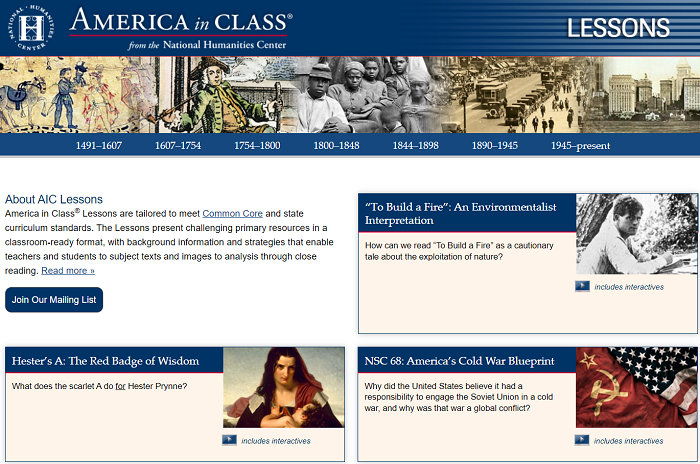
The Past is a Blast! Incorporating Social Studies Content into Your HSE Classroom
ABE HSE teachers know the challenge of incorporating four subject areas into their instructional delivery. While there are many ways to blend subject-area disciplines together, one consideration is to incorporate social studies content into reading, writing, speaking/listening, and language instruction. Fortunately, there are plenty of classroom-ready resources that will achieve this blending of content and literacy skills. Read More
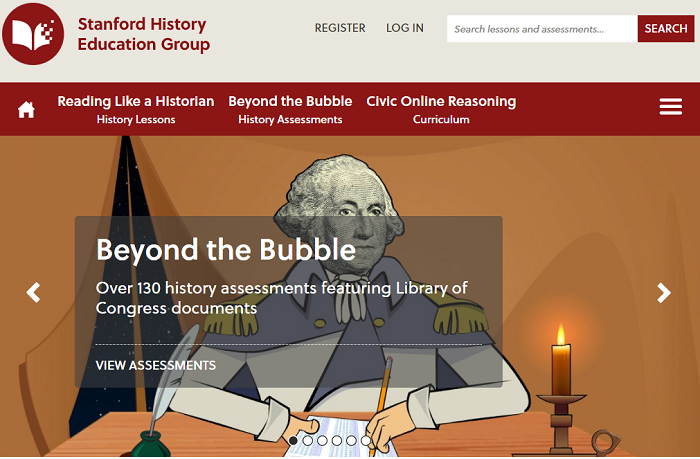
Don’t Forget Social Studies… GED, HiSET and Resources for Everyone!
Whether you are teaching in a high school equivalency, basic skills, or ESL classroom, don't forget to check out the ATLAS Social Studies & Civics online resource library for ready-to-use lessons, activities, and ideas for your classroom/context. As we know, social studies content is critical for our adult learners far beyond that GED or HiSET exam! Read More
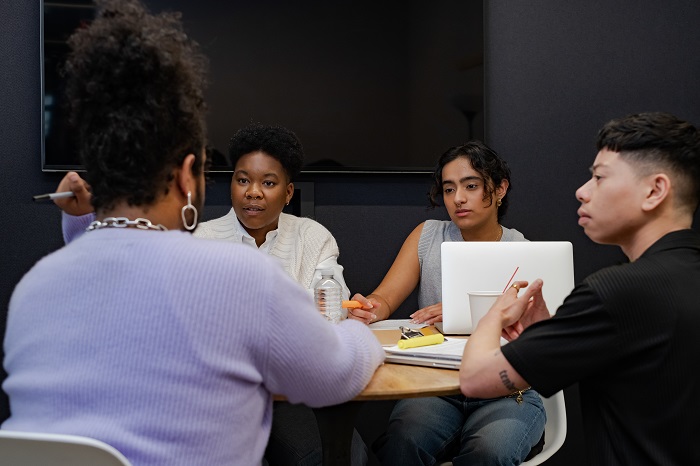
CILIA-T Curriculum Project: Developing Our Digital Skills Roadmap
How can adult educators of ELLs incorporate digital skill-building into instruction, while keeping it content-rich, targeted toward language learning, and aligned to standards? The CILIA-T project team takes you through their decision-making process on how to integrate digital learning throughout their free, civics-focused curriculum for English language learners (a work in progress!). Read More

Bringing Financial Literacy into the ABE Classroom
Financial literacy is too often overlooked. People of all stripes may have a level of financial literacy that hinders their ability to function day to day, much less build life plans or get ahead. Our primary constituency here at the International Institute of Minnesota ─ new Minnesotans who were born outside the country ─ are especially vulnerable. Read More

Teaching Citizenship? We’ve Got Resources for You!
From our annual citizenship webinar, to support materials for the 100 questions and lessons on voting for after citizenship is achieved, Literacy Minnesota has lots of resources to help teachers and volunteers to support learners in reaching this life-changing goal. Read More
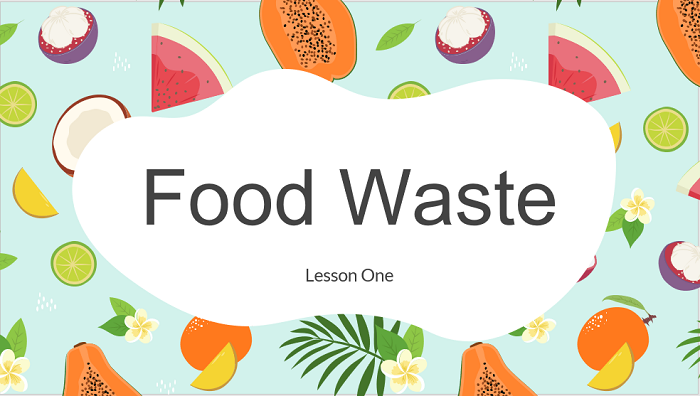
Engage Learners in Preventing Food Waste
Save the Food! – a free curriculum developed by public health practitioners who specialize in cross-cultural and immigrant health – provides interactive instruction, games and exercises that deliver both useful language instruction and relevant environmental health information, enabling learners to identify and prevent food waste as well as save money in the process. Read More
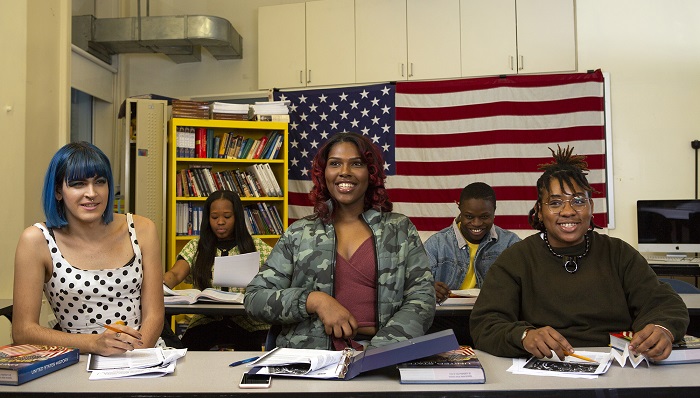
Civics/History Curriculum: An Introduction to the CILIA-T Curriculum Project
Adult ESOL teachers: When choosing resources, what makes a curriculum “teachable”, and what tells you that it just won’t work? Check out this introduction to the CILIA-T Project, a new open-source, tech-integrated civics content curriculum being built for adult ELLs, and how educators in our field are already contributing input on its development! Read More
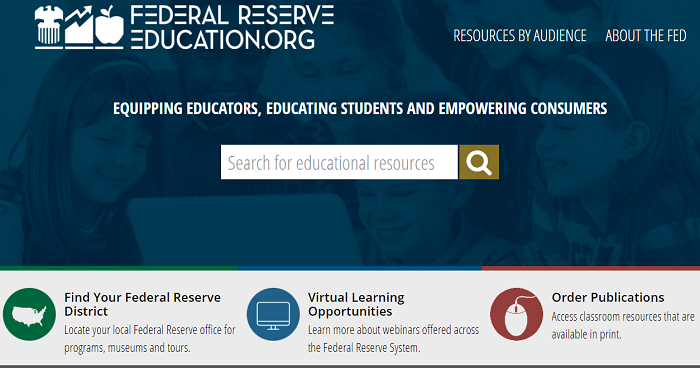
A Resource for “Staying Wealthy and Wise”
The Federal Reserve Education website is a searchable collection of materials that includes lesson plans, videos, and infographics for learners from elementary school age through adult. The materials are fantastic for teaching financial literacy and provide an engaging way to bring Critical Thinking and Navigating Systems skills into your ABE classroom. Read More